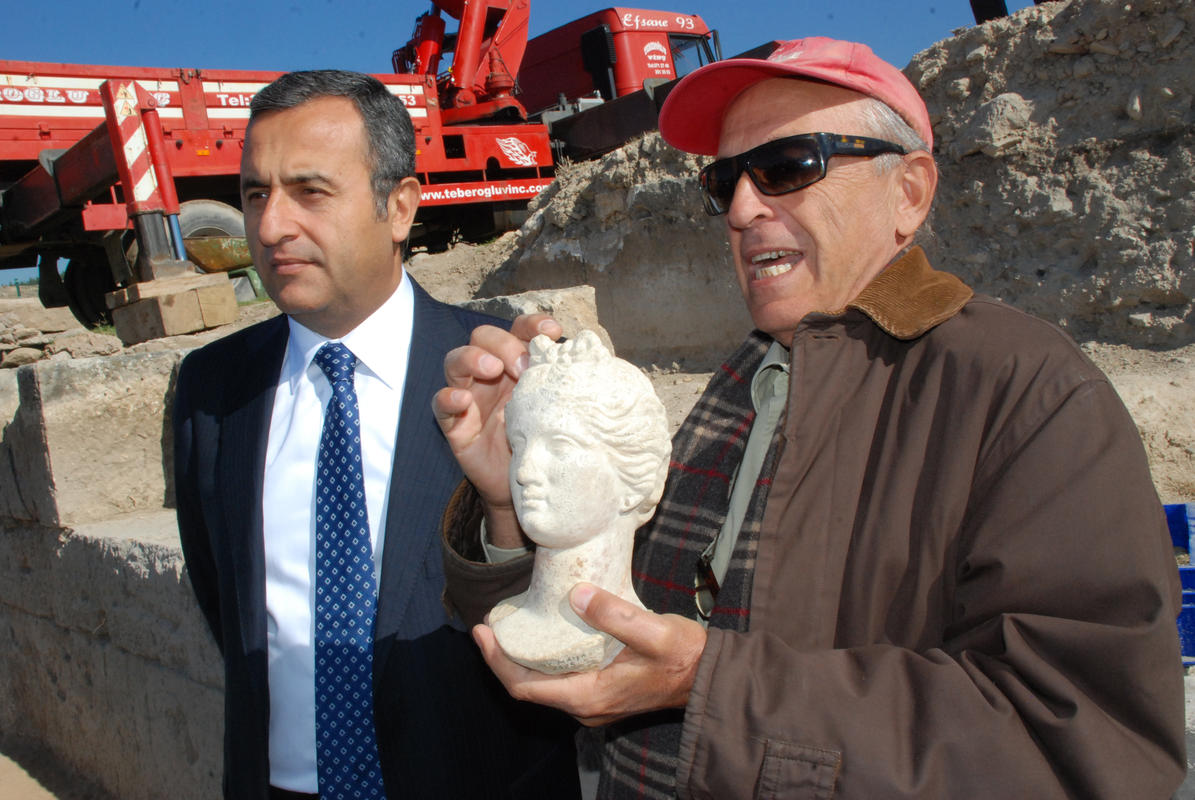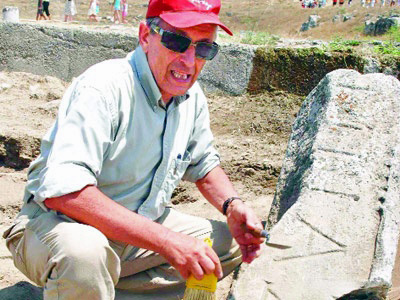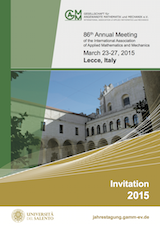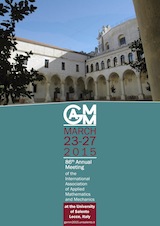 |
Prof. Francesco D’ANDRIA Università del Salento - Dipartimento Beni Culturali E-mail: francesco.dandria@unisalento.it Home Page: link |
Do the Gates to the Hell really exist?
For human beings, natural phenomena such as earthquakes, volcanoes, thermal springs and gas emissions are a powerful engine for the creation of myths, arousing wonder and raising important questions.
Together with the recent archaeological discoveries, the disciplines of geology, seismology and organic chemistry can today provide an answer to the question of whether there really is an entrance to the Underworld.
Biography

Francesco D'Andria is professor of Greek and Roman Archaeology and Art History at the University of Lecce. Director of the Post-Graduate School in Classical Archaeology up to 11/2013.
Co-ordinator of the SOKRATES project of integration between European Universities (Lecce, Amsterdam, Pau, Barcellona, Louvain, Thessalonica); member of the National Heritage Council (Consiglio Nazionale BBCCAA) from1993 to 1997; co-ordinator of a research project on the ancient theatre at Segesta (Sicily), in collaboration with the Archaeological Superintendency of Trapani, the Scuola Normale of Pisa and Turin Polytechnic; director of Italian Archaeological Mission at Hierapolis (Turkey) from 2000; director of a CNR Institute of Archeological Heritage - Monuments and Sites (IBAM) from 2001 to 2010.
Corresponding member of: Deutsches Archaeologisches Institut of Berlin, British School at Rome, Austrian Institute of Archaeology at Vienna.
Together with the "Ecole Française a Rome" and the "Scuola Normale di Pisa", he directs excavations at the sites of Lecce, Oria, Otranto, Cavallino and Vaste, in Apulia, and is responsible for their publication in a series edited by the University.

He carried out various seasons of excavations at Luni, in Magna Graecia (Metaponto, Sibari) and, in the Mediterranean, on Malta, Cyprus and in Turkey.
Due to researches on the Messapian and other Adriatic cultures in antiquity he developed strong links between Lecce and research institutes in Yugoslavia, Greece and Albania.
His archaeological research in the Mediterranean (Turkey, Sicily and southern Italy) is documented by more than 200 publications.



